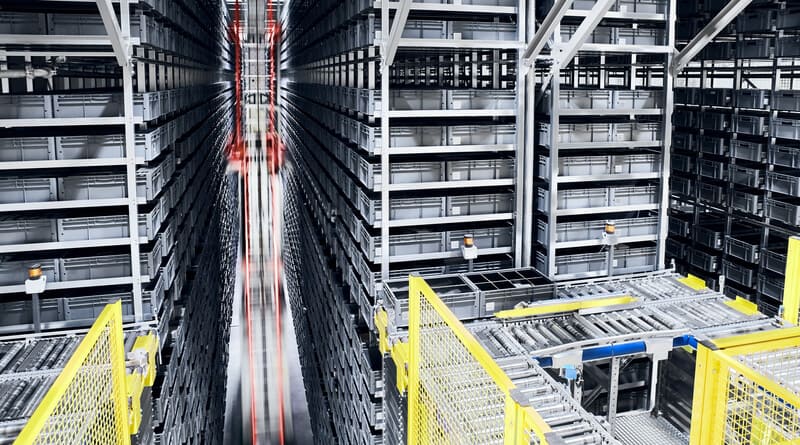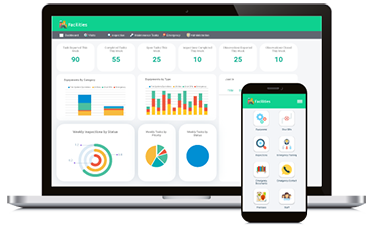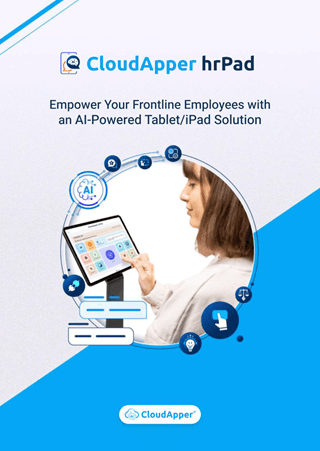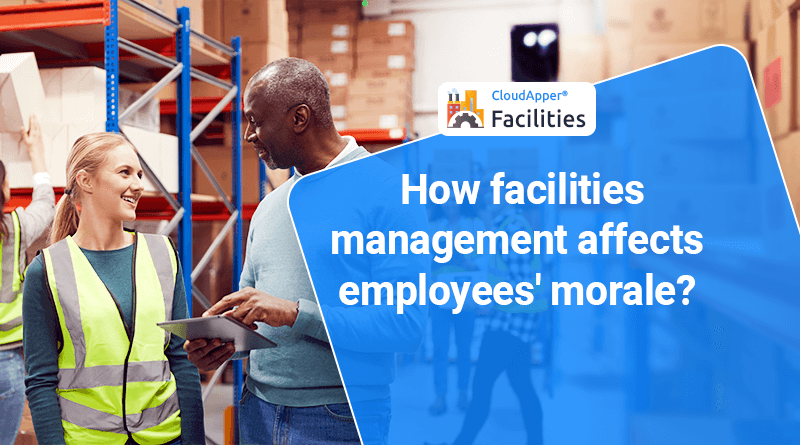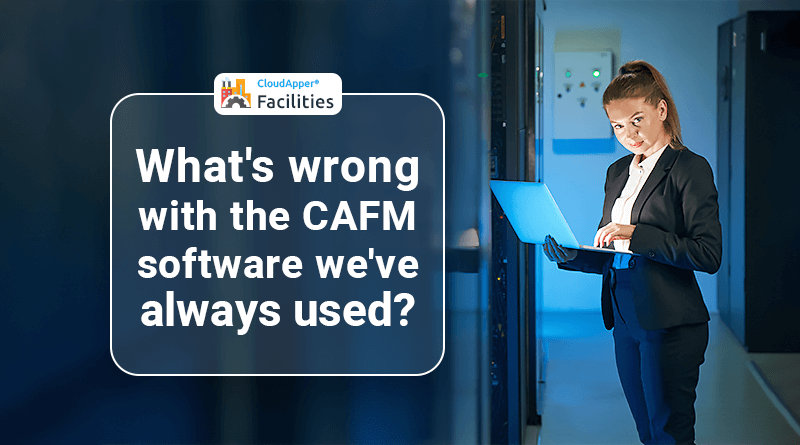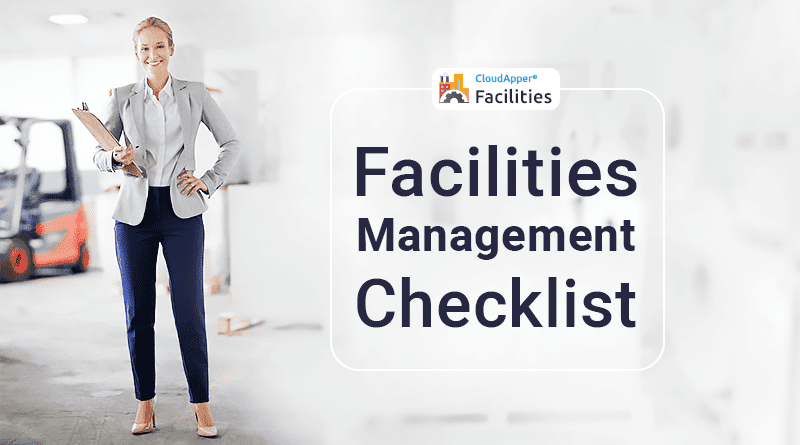Table of Contents
Facilities management covers a range of disciplines and services to ensure the functionality, comfort, safety, and efficiency of a company’s buildings, assets, and systems. On top of managing day-to-day operations and maintenance management, facility managers must also execute their company’s long-term strategic facility management plan. In this article we will provide an overview of exactly what a facility manager does and what effect they can have on your business:
Facility Management vs. Facility Maintenance
To many people, facility management and facility maintenance are the same things, but actually, they are not. The difference between the two is comparable to the difference between a digital marketer and a project manager.
The project manager is responsible for managing the whole project, while the digital marketer’s role is only promoting the product by positioning it in the minds of customers.
In our case, facility maintenance is within the scope of facility management. The facility manager is responsible for developing a strategic plan that is centered around predictive and preventive maintenance to keep the production line up and running without any sudden shutdowns.
Facility maintenance also deals with the day-to-day operations of a building. Facility managers oversee grounds maintenance, asset maintenance and repair, management of fleet vehicles, and inventory management services.
The Importance of Facility Management
By improving productivity and reducing maintenance costs via preventive maintenance, the facility manager contributes to the bottom line of their company. They work to build an environment where every employee can perform their job as efficiently as possible. Their leadership skills contribute to the profitability of the business.
Supporting the Workforce
Offering a productive work environment for all employees in the building is the most important objective of every facility manager. This includes many broader goals, including building a collaborative workplace culture, enhanced efficiency, and productivity, and attracting and retaining top talent. Here are some ways a facility manager provides support:
- Preparing an emergency plan
- Efficient space utilization and facilitating relocation
- Creating and updating an employee database
- Coordinating seating arrangements
- The facility manager deals with issues of comfort, safety, accommodation, etc. to ensure every employee can perform at their best possible level.
The facility manager also takes a long-term approach to workplace optimization and provides vital planning data to the management. Facility managers can point out the areas of competitive advantage at the individual employee level from their everyday observation with the workplace.
Facilities Management and Improvements
As part of offering a proper work environment for everyone, the facility manager has to work on facility improvement and management to ensure proper utilization of resources. The facility manager needs to manage assets and equipment, plan for maintenance, and acquire new assets for future needs. Other responsibilities that fall under facility management include:
- Managing contracts for services including rent, lease parking, cleaning, data center safety, catering, HVAC maintenance, painting, etc.
- Perform regular audits to determine the need for maintenance
- On and off-site property management
- Comply with environmental and health standards, as well as government regulations
- Collect and store status reports and maintenance logs
If it is a physical asset or an organization’s building, it falls under the scope of facility management.
Establishing Procedures
There should be some pre-planned logistic procedures for smooth operation within the facility. The facility manager is responsible for establishing these procedures. These procedures ensure smooth operation within the workplace. They can include:
- An action plan for emergency situations
- Guest and visitor management
- Reserving a service space within the facility
- A proper work order system for assigning and completing service requests
Having a solid set of procedures in place makes a positive impact on employee productivity.
Technology Integration
With the innovation of new technologies, facility managers have also started using technology to streamline their job. Using technologies not only makes their job easier, but it also helps them to maximize productivity and efficiency or utilization of any business asset, equipment, or buildings.
One such technology is a Facility Management Application. It is a powerful mobile and web-based application that ensures the simplification of your work facility, asset, and maintenance management. This easy-to-use solution helps employees save time by providing instant access to facility details, operating details, and emergency procedures to maintain safe and comfortable spaces for employees.
Takeaway
If a business wants to make sure that every system within the built environment works harmoniously, they need a facility manager. By establishing processes for order and organization, your facility manager will support your employees and your business—both directly and indirectly.
What is CloudApper AI Platform?
CloudApper AI is an advanced platform that enables organizations to integrate AI into their existing enterprise systems effortlessly, without the need for technical expertise, costly development, or upgrading the underlying infrastructure. By transforming legacy systems into AI-capable solutions, CloudApper allows companies to harness the power of Generative AI quickly and efficiently. This approach has been successfully implemented with leading systems like UKG, Workday, Oracle, Paradox, Amazon AWS Bedrock and can be applied across various industries, helping businesses enhance productivity, automate processes, and gain deeper insights without the usual complexities. With CloudApper AI, you can start experiencing the transformative benefits of AI today. Learn More
